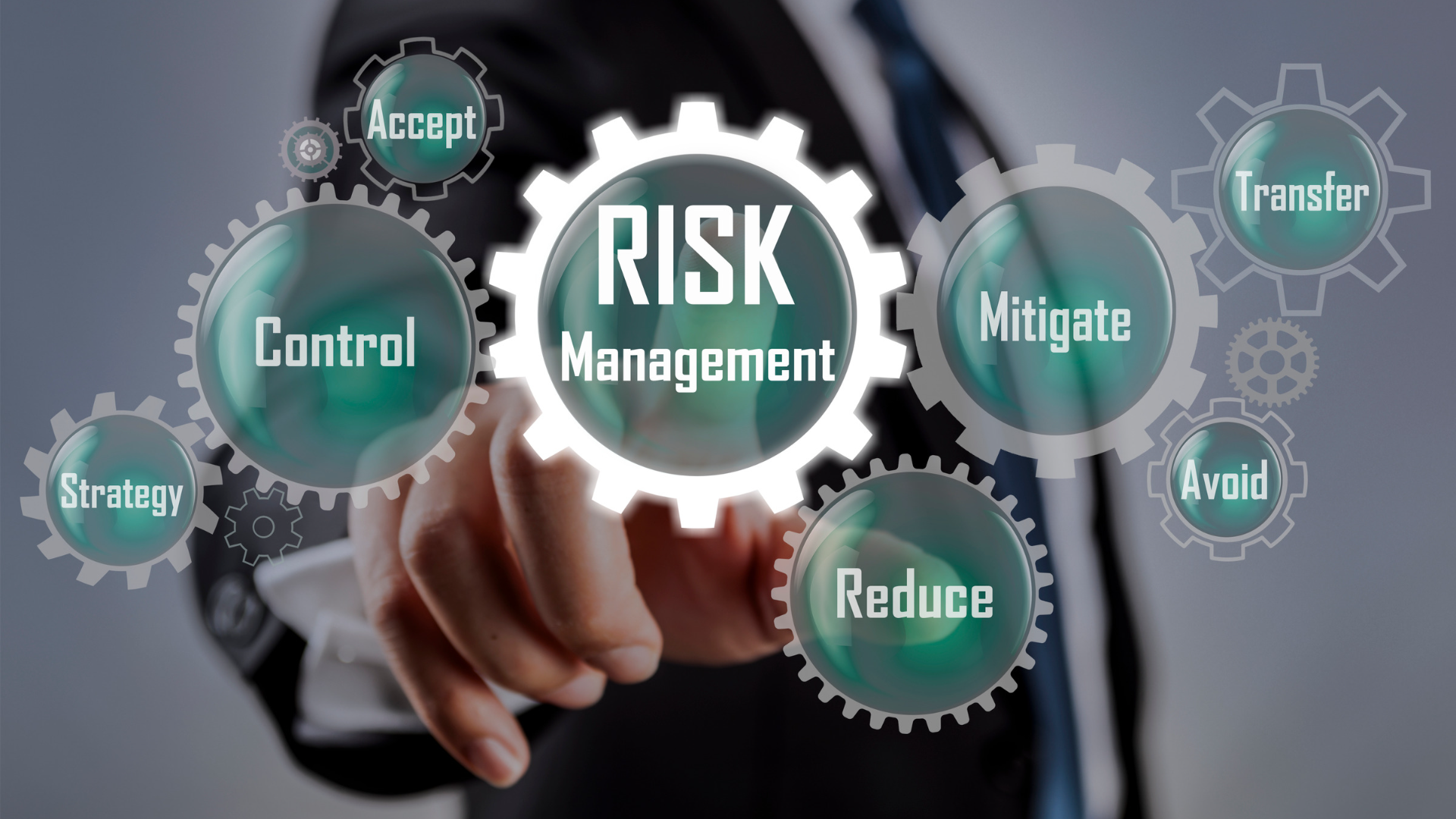
From natural disasters to cyber-attacks, unexpected disruptions can severely impact your organisation’s ability to operate and ultimately, its bottom line. That’s why having a solid business continuity plan is critical to mitigate risks and ensure your business can continue to function in the face of adversity. In this blog post, we’ll explore why business continuity is so important and how MSP/IT services can help your organisation prepare for the unexpected. Plus, we’ll highlight why MPR IT Solutions is the perfect partner to help put your plan in place.
What is a business continuity plan?
A business continuity plan is a comprehensive strategy that lays out how your organisation will continue to operate during an unexpected crisis. It identifies critical business functions, assets and personnel whilst outlining procedures to maintain those functions, and sets out the steps needed to recover from the unexpected event. There are several names for these plans, but ultimately they are all the same thing:
- Business Continuity Plan or BCP
- Business Continuity Disaster Recovery or BCDR plan
- Disaster Management Plan or DMP
Why Business Continuity is Essential for Your Modern Business?
Companies must be equipped to handle any emergency or crisis that may arise. Whatever the event, business continuity is essential for maintaining operations and meeting customer needs. A well-structured plan or toolkit can help reduce downtime, minimise data loss, and prevent financial losses.
Here’s why a BCP is a must-have for modern businesses:
Minimises Downtime: A well-developed business continuity plan can help your business recover quickly from any disruption. It ensures minimal downtime, enabling you to continue providing your customers with uninterrupted services.
Protects Your Reputation: Any disruption to your business can damage your reputation. A business continuity plan minimises the damage caused by a crisis, ensuring that your reputation remains intact.
Reduces Financial Losses: A crisis can result in significant financial losses. A business continuity plan can help minimise these losses by ensuring that your business can continue to operate during the crisis.
Ensures Compliance: Many industries have regulations that require businesses to have a business continuity plan in place. A plan can help ensure that your business remains compliant with these regulations.
What risks should be considered when developing a BCP?
Developing a business continuity plan (BCP) is a vital step in mitigating risks and protecting your business. However, it is crucial to consider all potential risks and scenarios that could impact your business continuity.
Here are some activities that you should consider when developing a BCP:
Natural Disasters: Natural disasters such as floods, hurricanes, earthquakes, or wildfires can significantly impact your business. These events can cause damage to infrastructure, equipment, and data centres, resulting in operational downtime.
Cybersecurity Threats: Cyber threats such as hacking, phishing, or ransomware attacks can lead to data breaches, system failures, and loss of revenue. It is vital to have a plan in place to protect your critical data and ensure business continuity.
Equipment Failure: Equipment failure can occur at any time and can significantly impact your business operations. It is important to have a backup plan for critical equipment such as servers, storage devices, and networking equipment.
Human Error: Employees are human, and mistakes can happen. It is essential to have policies and procedures in place to mitigate the risks of human error. These could include regular training, testing, and monitoring of business processes.
Supply Chain Disruption: Supply chains are complex, and disruptions can occur due to various factors such as natural disasters, transportation issues, or political instability.
It is vital to have a plan in place to ensure that your business can continue to operate even if your suppliers are unable to deliver goods or services.
What methods can be used for disaster recovery planning?
Disasters can strike at any moment, when such events occur, businesses can suffer significant losses, both in terms of finances and reputation. That’s why it’s crucial to have a disaster recovery plan in place that can mitigate the risks and help the business get back on track as quickly as possible.
There are several methods that businesses can use for disaster recovery planning, such as:
Backups: Regular backups of your data can help you recover your systems if there’s a data loss or corruption due to a disaster. This method involves creating copies of your critical data and storing them offsite or in the cloud. That way, you can retrieve your data from the backup when needed and resume your operations.
Cloud-based disaster recovery: Cloud-based disaster recovery solutions provide businesses with a flexible, scalable, and cost-effective way to recover their data and applications in the event of a disaster. These solutions replicate your data and applications to a cloud-based environment, allowing you to spin up virtual servers and resume your operations from anywhere with an internet connection.
Disaster recovery as a service (DRaaS): DRaaS is a fully managed service that provides end-to-end disaster recovery solutions. It involves replicating your data and applications to a secure third-party data center, where they are continuously monitored and managed by experts. In case of a disaster, the DRaaS provider takes over and restores your systems, downtime can be incredibly costly. Every minute that your systems are down can result in lost revenue, missed opportunities, and damage to your reputation. That’s why having a business continuity plan is crucial.
Hosted/ Voip Phones: In addition to data and system recovery, businesses need to ensure that their communication channels are also available during a disaster. Hosted and VoIP phones are solutions that allow for remote access and communication, facilitating business operations even when employees are working from home or other remote locations.
How can MSP/ IT Services help mitigate the risks to your business?
MSP/ IT services can help businesses mitigate the risks outlined above by providing end-to-end IT solutions. They can help businesses develop and implement business continuity plans that are tailored to their specific needs. MSP/ IT services can also provide disaster recovery services such as DRaaS, which can rapidly restore systems in case of an outage or disaster.
Why choose MPR IT Solutions to help put your plan in place?
At MPR IT Solutions, we understand the importance of business continuity. We know that disasters can strike at any moment, and that’s why we offer a range of solutions to help businesses mitigate risks and recover quickly. Our team of experts works tirelessly to ensure that your operations run smoothly, and that you can focus on achieving your goals.
So why choose MPR IT Solutions to help put your plan in place? Here are just a few reasons:
We offer end-to-end solutions: We provide a range of services, from disaster recovery planning to ongoing support and maintenance. We take a holistic approach to IT solutions, ensuring that your systems are always up-to-date and effective.
We use the latest technology: We stay up-to-date with the latest technology trends, so you don’t have to. We use cutting-edge solutions to ensure that your data is protected and that your business can quickly recover from any disruptions.
We provide personalised service: At MPR IT Solutions, we understand that every business is unique. That’s why we offer personalised service tailored to your specific needs. We work closely with our clients to ensure that we understand their business goals and can provide the right solutions to achieve them.
We have a proven track record: We helped businesses quickly recover from a situation that has meant loss of access to their systems, data, and applications. Our team has years of experience in IT solutions, and we have a proven track record of delivering successful outcomes for our clients.
Conclusion:
In conclusion, having a business continuity plan is crucial for businesses in today’s fast-paced and ever-changing environment. MSP/ IT Services can help mitigate the risks to your business by providing end-to-end IT solutions. MPR IT Solutions is an excellent choice for businesses looking for a reliable partner to help put their plans in place.
Contact us today to learn more about how we can help you put in place a robust business continuity plan. Don’t wait until it’s too late – invest in the future of your business today.
